Crisis Lingo
On the Model UN circuit, you will pick up lots of new vocabulary, including MUN specific lingo that has been created to refer to certain phenomenon or processes you will encounter in committees. This article will serve to help you learn some important and commonly employed lingo on the circuit!
Front Room: The place in which delegates congregate, hold substantive debate, write directives, and vote. This is the room where all delegates will be for the majority of the conference along with the dias (Chair and Assistant Chair).
Back Room: Where crisis backroom staffers decide what is occurring in the environment where committee is set to take place in. This includes planning drops, responding to notes, and reviewing directives for their effects on the greater community.
Dossier: Dossiers are a fantastic tool prepared by your staffers to better help you get into character, write notes, and plan a backroom arc. Dossiers provide delegates with additional information about their characters – their motivations, relationships, resources, and more. These sheets are designed by your crisis staffers to help you better develop ideas surrounding your character’s position in the committee, provide you with resources to jumpstart your backroom arc, and generally guide you through committee. You do not need to follow exactly what is written in your character’s dossier, if you have already come up with your own background and arc – we encourage you to follow your own path! When in doubt, talk to your backroom staffers after committee session.
(Crisis) Drop: A theatrical skit put on by MSUMUN staffers that exemplifies what is happening outside of committee, typically introducing various problems that delegates are expected to solve through debate and directives. For more information on drops, please see the drops page on MSUMUN’s website.
Directive: A written paper that creates policy to address crisis situations. Directives are concise, short, and clear policy initiatives that create a step-by-step plan to address whatever issues are being faced by committee. Directives usually tackle only one issue at a time and are targeted in nature. Directives are how delegates can address committee problems together. For more information on directives, please see the directives page on MSUMUN’s website.
Frankenstein Directives: A colloquial term that’s used to refer to when too many differing directives are stapled or grouped together so that they become “monstrous”. This is a very easy problem to run into in crisis committees but can be defeated by better delegate collaboration, compromise, and efficiency … and typically a page cap implemented by the dias.
(Crisis) Note: Notes are the vehicle through which a delegate pursue their crisis arcs. Notes are written with one purpose: to gain resources (physical or non-physical) through which your character increases their power. Delegates gather these resources by writing to characters of their own creation to request, bribe, threaten, or utilize any number of persuasive techniques that allow them to curry favor and acquire the necessary tools for success.
Crisis Arc: Crisis arcs are one of the most unique and essential pieces of the crisis format. Unlike most of the actions delegates take in committee, crisis arcs take place entirely out of the front room and debate. Crisis arcs utilize notes for delegates to be able to communicate with backroom to formulate a rise to power, wealth, or any other goal you might have. The crisis arc itself is a blanket term for the steps delegates take to rise to power in their environment. It takes a lot of planning and adaptation to create a good crisis arc.
Encryption: Encryption is an essential tool for any crisis delegate to employ. When writing notes to backroom, you always want to utilize an encryption mode in order to protect your secretive communications. Without encryption, it makes it much easier for other delegates to spy on your backroom notes if they wish or even for backroom to leak what you have been doing to everyone in room. To protect yourself, you should use an encryption method. To use encryption, simply write at the top of your backroom note “Encrypted with ____” (you do not actually need to learn how to encrypt or decrypt a message!). Examples of encryption codes you can use include the pigpen cipher, the vigenère cipher and HTTPS – but it is always best to research what encryption methods were used in the time period and region that your committee is taking place! It is also essential to ensure you are not using an encryption method that has not been invented at the time your committee takes place or your staffers may not acknowledge it.
Two notepad system: The two notepad system is something that you will see employed at most conferences, including MSUMUN. In using this system, MSUMUN will provide all crisis delegates with two notepads at the beginning of the weekend. On these notepads, crisis delegates will write backroom notes, directives, JPDs and much more. Because backroom needs time to respond to your notes, they will accept and take one of your notepads at a time. This means delegates should only have one notepad in the frontroom with them at any given time while the other is being responded to by backroom. These notepads will switch places every time that backroom staffers come to the frontroom to deliver your response and take your next note. The two notepad system is the easiest way for both staffers and delegates to keep debate and backroom shenanigans moving swiftly throughout the weekend.
Joint Personal Directive (JPD): JPDs are formatted like a directive or crisis note between two or more delegates that utilize their combined powers for a mutually beneficial purpose. Unlike regular directives, JPDs are not voted on by the entirety of committee but are sent to the backroom for immediate implementation through the shared powers of delegates who have signed onto the JPD. JPDs are a great resource to build alliances in committee and to further a delegates’ personal crisis arc.
Timed Crisis: A timed crisis is an event that happens quite rarely during the duration of a committee, if ever, but can be one of the most important and crucial events that defines your committee. A timed crisis occurs when there is a devastating situation occurring in committee that must be solved on a very quick timetable. Your committee staffers will alert you to the situation, give you a few parameters for debate, and then set a strict time frame for when a decision or set of directives assessing the situation must be completed. To overcome these immediate crisis situations, you and your delegates must use their time very wisely and expedite debate, collaboration, and writing. A timed crisis can look like a national labor strike, an armed battalion arriving at your committee’s gates, or an enemy company about to snap up your shares. Timed crisis is a great tool for crisis staffers to make delegates think quickly on their feet, challenge their creative thinking, and break out of a monotonous format of debate so be prepared for timed crisis situations during your conference weekend!
War Games: War games are a strategy based crisis that simulates armed conflict between your committee and any number of opponents. War games foes could range from an attacking pirate fleet, another nation’s military, a domestic armed militia, or even members of your own committee! In war games, the backroom will serve as an opposing force to you, attempting to defeat your committee. There will be a back and forth between your committee and the backroom staffers in which you will have a very short time period to debate and pass directives that outline your plans for battle. These directives might include orders to move troops to areas, fortify bases, steal supplies from the enemy, send in spy operatives, bribe enemy forces to join your side, or rescue civilians from the conflict lines. Directives can also be silly and creative (depending on backroom direction) to include activities such as giving opposing forces food poisoning, stealing the other soldiers’ shoes, training seagulls to drop dead fish on their forces, or challenging foes to a dance off to determine the true winner of your conflict. The backroom will receive these strategy-based directives and have their own short, timed period to respond with the enemies’ course of action. This back and forth will continue until one side emerges victorious. War games can be some of the most fun, outrageous, and fast paced moments in a crisis committee and are essential to every experienced crisis delegates’ experience.
Trial: Due to the mischievous actions crisis delegates often take over conference weekend, crisis is no stranger to trials that take place during committee. Typically, delegates will organize a trial due to suspicion of one or many delegate’s perceived criminal wrongdoing. If committee believes that an individual or small group of delegates is interfering with committee through nefarious means (ie stealing/selling company assets, committing treason against your nation, etc) then it is well within the committee’s right to declare a trial. Every committee/dais has their own preferences on how trials shall be conducted, but typically in order for a trial to take place a committee will have to hear debate on why the trial shall occur, pass a directive ordering an internal trial to commence (that sets out parameters and punishments for the trial), and then once the trial concludes members will typically have to vote for the party’s guilt or innocence. Trials are an excellent way to have an engaging committee session and to highlight individual ability so don’t be afraid to propose one! They often end up being some of the most fun and memorable parts of committee.
Two for, two against (and other variations): There are two variations of this incredibly common crisis motion that are essential to know: the one-for-one-against and two-for-two-against. This motion is typically heard within a larger motion to introduce directives and enter voting procedure on them but can also be heard separately. Two-for-two-againsts are most common but both variants provide the opportunity to hear arguments in favor of passing a directive as well as arguments urging delegates to vote down a directive. Since debate is so fast paced in crisis, it is always good to hear from fellow delegates about papers that you might not have time to fully evaluate the pros and cons of. The speeches are also a great opportunity to show the dais your argumentative and critical thinking skills. The two-for-two-against/one-for-one-against speeches are an integral part of any successful crisis delegation.
Joint Crisis Committee (JCC): Joint crisis committees are a subsection of crisis committees that involve two different committees united around the same issue. Typically, the two committees lie on different sides of a historical event: such as two rival gangs in Chicago or two adversarial sides of a war. Because there are two crisis committees taking place in the same time period and geopolitical situation – the actions taken by either committee affects the other and thus their main goal is to eliminate, defeat, or weaken the other. This is a more advanced crisis committee as delegates not only have to track their own committee but also have to consider the implications of another committee’s actions and anticipate and accommodate those actions into their decisions.
Ad Hoc Committee: Ad Hoc committees are another subsection of crisis committees that are also a more advanced format. In Ad hoc committees, delegates are not given any advanced notice as to the topic of committee nor the background guide until their first committee session of the weekend. Upon arriving in committee they are given a very short time to review the background guide and then must jump immediately into committee proceedings without having conducted any research and without much planning time.
Additional questions or concerns can be emailed to crisis@msumun.org
